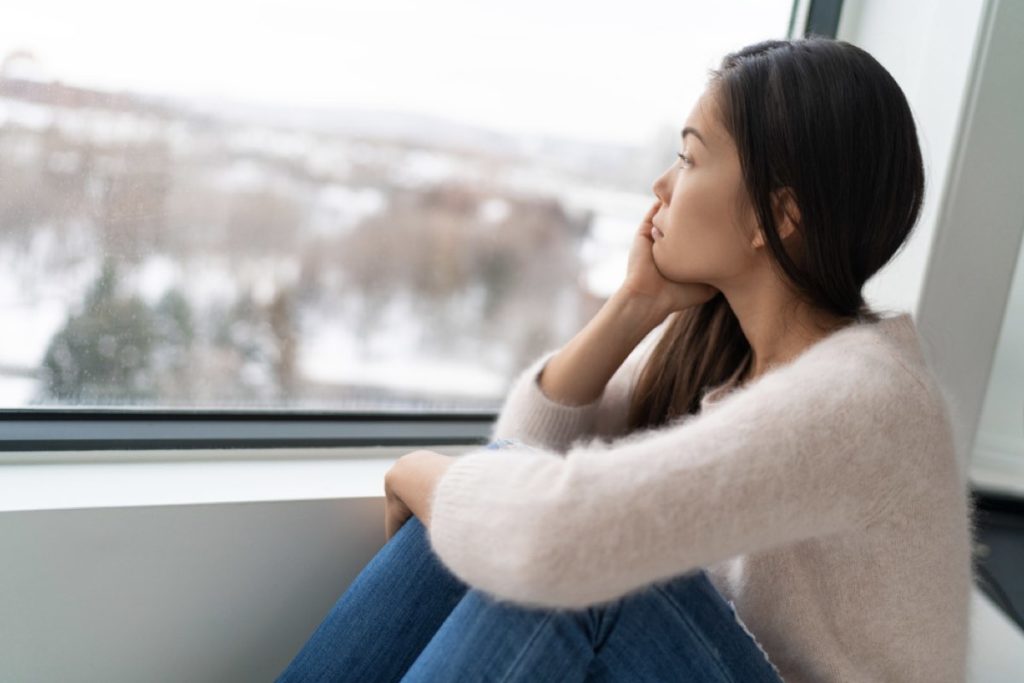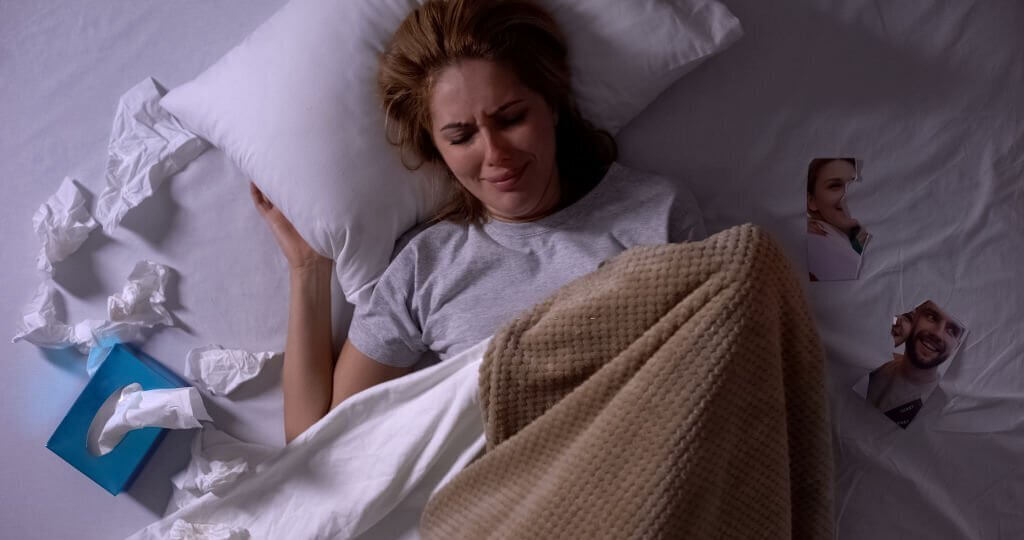With the UK clocks set to go back this Sunday 31st October, we speak to Dr Rhianna McClymont, Lead GP at the digital healthcare provider, Livi, about how this can be a trigger for Seasonal Affective Disorder (SAD) along with the symptoms and treatment…
Understanding SAD (Seasonal Affective Disorder)
As the UK clocks go back one hour at the end of October, days will appear shorter and darker. While many people don’t enjoy the winter months, for some the shorter days can have more serious effects. This is because around 2 million adults in the UK experience Seasonal Affective Disorder or SAD, which is a type of depression triggered by the darker days in Winter.
Some people may only experience SAD for the first time between the ages of 20 and 30 and SAD affects four times as many women as men.
What causes SAD?
The exact cause is not known, but the lack of sunlight appears to be important. The main theory is that a lack of sunlight affects brain chemicals such as serotonin and melatonin:
Melatonin is a hormone that makes you feel sleepy. People with SAD may produce higher levels of melatonin
Serotonin is a hormone that affects your mood, as well as appetite and sleep. Lack of sunlight may cause lower levels of serotonin, which is linked to feelings of depression
Circadian rhythm is your body’s internal clock, it uses sunlight to time some important functions, such as when you wake up. During the winter months, lower light levels could disrupt your body clock leading to symptoms of SAD
Symptoms of SAD
How do I know if I have SAD? Many of the symptoms of SAD are similar to those of depression:
Persistent low mood and irritability
Loss of interest in everyday activities
Feelings of despair or worthlessness
Lethargy, sleeping for a long time and finding it hard to get up
Craving carbohydrates and putting on weight
You should speak to your GP if you have most, or all of these symptoms, especially if they are starting to affect your day-to-day activities and you’re struggling to cope. Arranging a consultation with your GP where you feel most comfortable, whether that’s visiting your surgery or booking a digital appointment, can help you identify the causes and access support and treatment.
SAD Treatment
If SAD is diagnosed, lifestyle measures such as exercising more in daylight, using a light-box, eating nutritious food and sleeping properly may work for some people.
For others, talking therapies such as cognitive behavioural therapy (CBT) or counselling can help, and, in severe cases, antidepressants may be necessary.
Get your weekly DOSE fix here: SIGN UP FOR OUR NEWSLETTER
Related Posts:
- How to manage seasonal affective disorder during lockdown
- Fitness studios that are open during Christmas and New Year
- Real women on how they spend 'self-care Sunday'
- The Meaning Of The Ten of Pentacles Tarot Card
- How Long Can HPV Be Dormant? Risks, Facts and Myths
- The Meaning Of The Queen of Swords Tarot Card
















